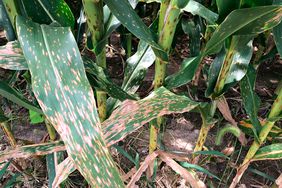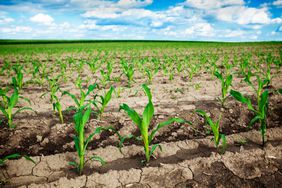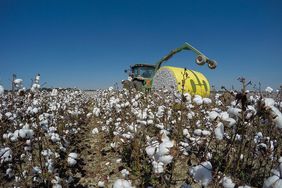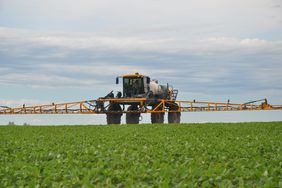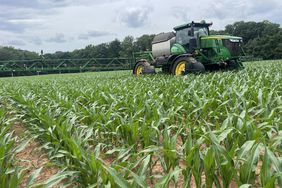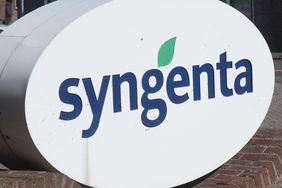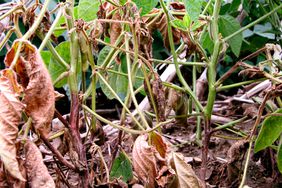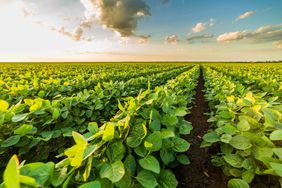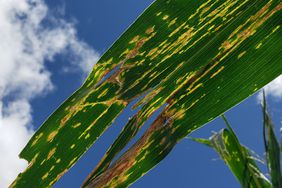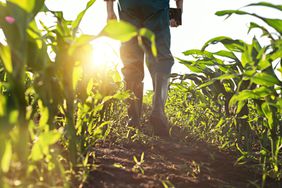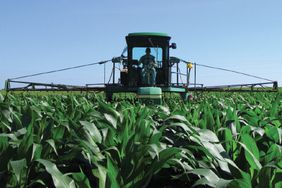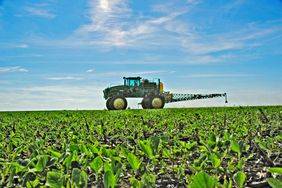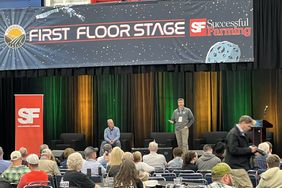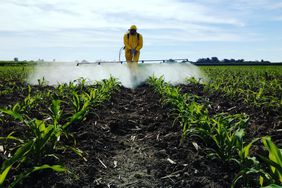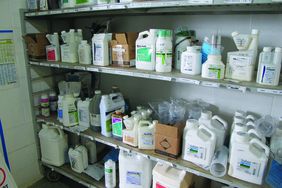:max_bytes(150000):strip_icc()/IntroducingBioVerified_870x580-b0d7ead58c314bce987fa15d6fd7009b.jpg)
The U.S. biologicals market is forecast to double in size in the next five years to more than $2 billion. While these emerging products carry the potential to improve yield, the impact on crops can vary. With oftentimes limited manufacturer product performance data, farmers and potential customers seek clarity. WinField United has created a BioVerified designation as a vetting process designed to give ag retailers and growers a clearer reference point when selecting biologicals.
“Our agronomy and research teams have been closely monitoring and testing a wide range of biological products to help retailers and growers navigate which products can perform and add value,” said Jeff Carr, strategic marketing manager for biologicals, WinField United. “We’ve consolidated that effort into an identifiable brand and systematic rating scale to make the vetting process easier.”
The rapid growth of the biologicals market is being fueled by investment and innovation across a range of categories, driven by changing consumer preferences, rising chemical resistance, and other factors. Carr said the BioVerified designation covers biological products including biocontrols, biostimulants, living biologicals, and biochemicals that WinField United recommends based on a thorough vetting process.
“We’re looking to be a trusted resource across the biologicals market, not just testing our own products, which is what makes this designation unique in the industry,” said Carr. “Our team also plans to evaluate this list annually, adding new products and removing products that have been outperformed by competitors, so partners have up-to-date information heading into every season.”
The vetting process
“Our goal for Winfield United Bioverified is to look at products focused on corn, soybean, and wheat acres for the Midwest,” says Carr.
Products that receive the designation are evaluated based on four criteria: uniqueness, agronomics, operational alignment, and economics.
Uniqueness: This considers how a product fills a need in the marketplace, is differentiated from other available options, or is applied in a different way.
Agronomics: The product must have extensive data to prove it works and brings value to the field. Data can come from a combination of sources, including the WinField United Answer Plot field testing system and/or the Innovation Center in River Falls, Wisconsin. Data can also come from reviewing broad data from a third-party vendor or product supplier.
“Data used for the Bioverified program came from a consortium of sources. We looked at our own Answer Plot data, which was compiled over 24 sites throughout the Midwest,” explained Carr. “We also looked at vendor data and third party data. Many were a combination of both our Answer Plots and vendor/third party data.”
Operational Alignment: This criteria considers factors such as handling, shelf life, application options, tank-mix compatibility, and more.
Economics: This category evaluates the return on investment potential for each product to help retailers and growers determine if a product makes business sense for their operations.
The scores are compiled and rated against competing or similar products to determine which receives the designation.
“In 2024, we looked at a little over 30 products. A total of 11 products, ranging from plant growth regulators to soil activators, have been selected for the BioVerified designation,” said Carr. “As the market grows and products are introduced or improved, the designation will evolve to continue to bring the most value to our partners.”
“The two biggest things we look at Bioverified, particularly within the agronomic piece, is the mode of action, what are the claims made, and does the data support that claim,” advises Carr. “Another consideration is if the trials were replicated, how many replications, and if it’s a solid data set.”
Carr is excited about the potential for biologicals moving into the future. “It's really an exciting space right now. The market today is focused on biofertilizer products. But we do see some things coming with biopesticides and others in the future that we think will have a big impact on our ability to make recommendations, and really address issues that growers are facing today.”
To learn more about biologicals and/or products that carry the WinField United BioVerified designation, visit winfieldunited.com or contact your local WinField United retailer.
